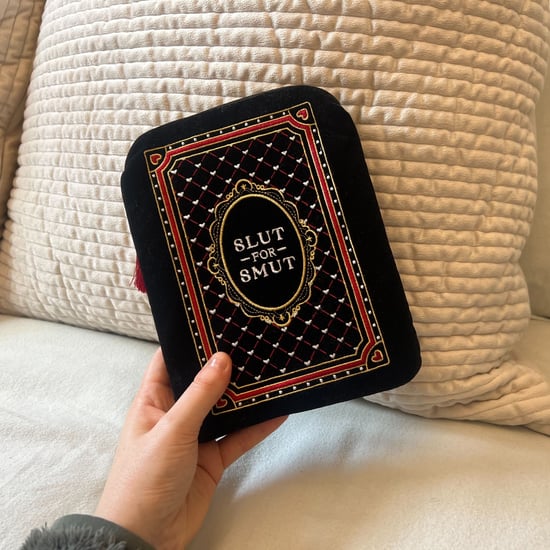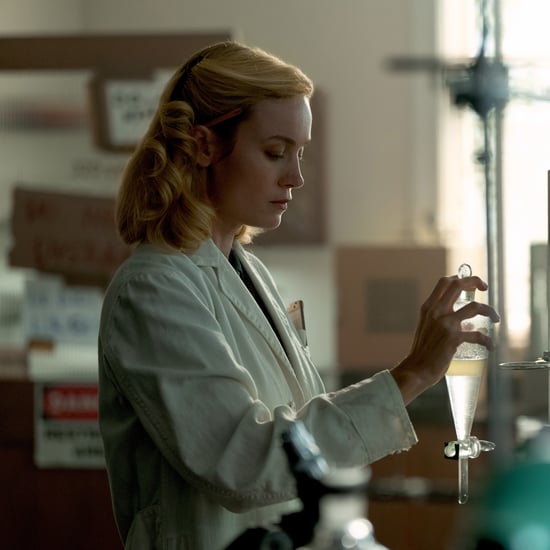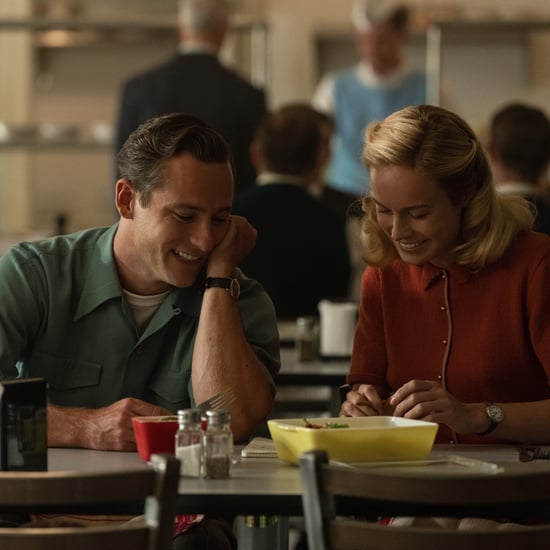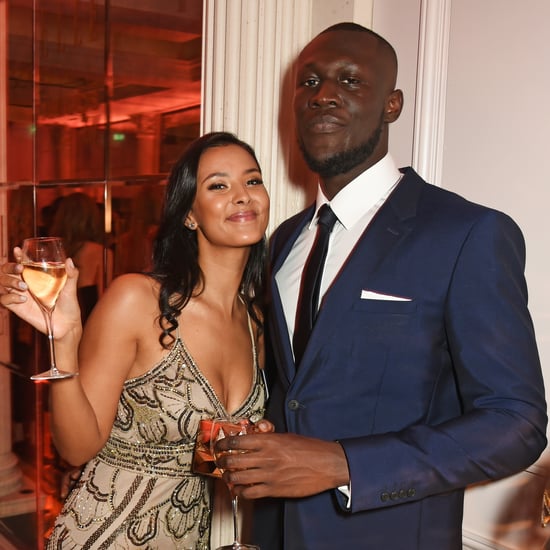BBC’s Normal People Accurately Depicts Consent and Virginity
The Normal People Adaptation Shows Virginity and Consent in a Way I've Never Seen on TV
Watch out! This post contains spoilers.
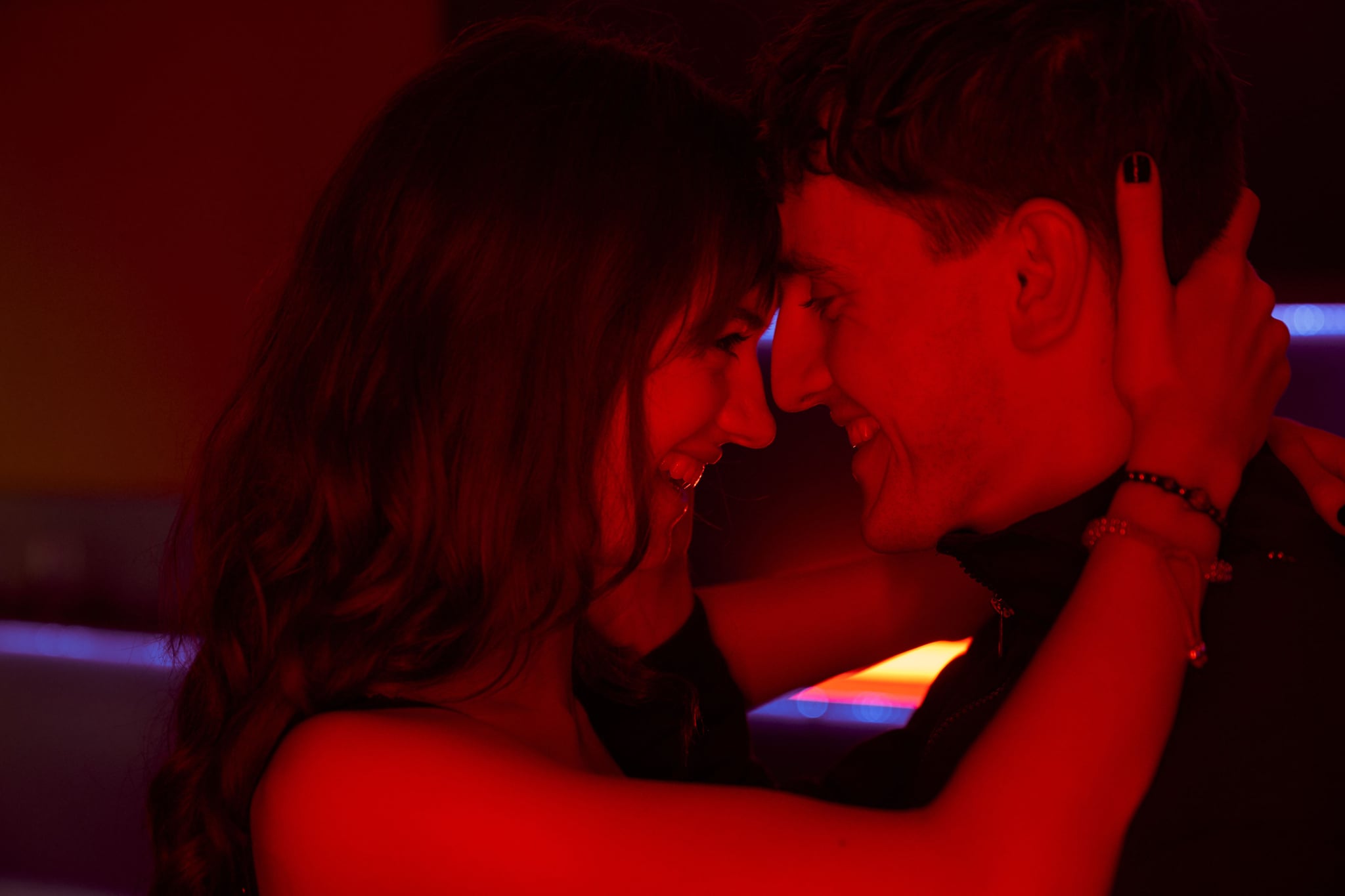
The BBC adaptation of Sally Rooney's novel Normal People is finally dropping this week, and we need to talk about it. Specifically, we need to talk about sex, and the way the 12-part series is completely unapologetic in its accurate depiction of sex, consent, and female virginity.
The book doesn't shy away from these topics, as it follows Marianne (Daisy Edgar-Jones) and Connell (Paul Mescal) navigate early adulthood in Ireland. While exploring topics like love, depression, and the universal struggles that come with growing up, the novel has detailed and lengthy intimate scenes peppered throughout. Thankfully, the series is no different.
In episode two, Marianne arrives at Connell's house and they both know exactly where the afternoon will end up. But instead of leading her straight to his bedroom, he offers her a cup of tea. Once in his room, they make small talk about the posters on his walls before they kiss and Marianne says, "Now can we take our clothes off?" Connell could accept her brazen question as consent — it's how almost every television show and movie depicts it, after all — but he doesn't. Where most onscreen sex scenes rely completely on physical cues, and perhaps, an "Are you sure about this?" uttered in the heat of the moment, Normal People makes a point of doing it differently.
As the scene builds, and we all know what will happen next, Connell pumps the breaks. He walks over to his dresser to grab a condom, comes back to the bed, and while putting it on, asks Marianne if it's her first time. She tells him it is and asks if that's okay. "Yeah, it's fine," Connell replies. "It's just that, if you wanted to stop or anything, we can obviously stop. If it hurts, or anything, we can stop. It won't be awkward, you just say." She thanks him and he tells her "I think you're very pretty, by the way." The scene is long (12 minutes long, to be exact) but the stark accuracy that it shows consent and female virginity literally made me press pause and say "whoa" out loud.
"The scenes in themselves aren't just a sex scene — they're seismic moments in their relationship punctuated by a moment of intimacy."
It's the little moments that paint the picture of virginity so vividly. The endearing way they both struggle to remove Marianne's bra, the awkward chit chat where she asks Connell how often he "does this," and the nervous excitement and their quiet awe at what they're about to do. Normal People portrays the dream virginity scenario, where the man asks for explicit consent without killing the mood (because consent is sexy, right? Right.), and the physical pain that many women feel when having sex for the first time is definitely there, but it isn't scary and, most importantly, it's treated with care by both parties.
At the centre of every sex scene between Marianne and Connell is trust and a sort of reverence — which is true for their relationship outside the bedroom, too — and it's this mutual respect that makes the intimate scenes more poignant. The scene in episode two affected me more than any other in the series. When I told Daisy and Paul this during the London press junket, they seemed genuinely chuffed and admitted that it was one of their favourite scenes to shoot, even though it took two full days of filming to get right. Another reason the scenes feel so authentic is largely due to intimacy coordinator, Ita O'Brien (who previously worked on Sex Education) who works with the creative team and actors to choreograph the scenes, making them feel startlingly real.
Paul believes it's such a powerful moment because it's not sanitised. "It's very gentle and full of love and care, but I also find it really romantic and sexy, at the same time. I like that the two things aren't mutually exclusive," he said. "That's what's great about the way Sally [Rooney] writes it. The scenes in themselves aren't just about sex — they're seismic moments in their relationship punctuated by a moment of intimacy." Daisy agreed, saying "I love it because I think it's really accurate and it's nice to see a real relationship. It's not this incredibly romantic moment where they're on the top of a cliff kissing — they're just in his bedroom having a cup of tea, which I love."
Normal People spans four years and shows how Marianne and Connell's lives change between the ages of 17 and 21, so it's only natural that their sex lives would also evolve — although the main focus here is on Marianne's, in particular. Between the first intimate scene in Connell's bedroom, to the final one (also in Connell's bedroom), a lot changes, like Marianne exploring a BDSM relationship while on exchange in Sweden.

If you've read the novel, you already know what life events lead her to this relationship and the profound effect it has on her. But, just like the earlier scenes with Connell, this aspect of her sexuality is shown without judgement and only small pockets of dialogue to break up the tense moments that make you feel like your heart has been ripped out and stomped on.
The most frequent commentary I've heard from people who've read and loved Normal People, is that it's incredibly relatable. Sure, that was also true for me to a point. But it was the early scenes and, in particular the scene I described above, when Marianne lost her virginity that I really thought, "Ah, yes, now I get it." I was lucky enough to have a similar experience to Marianne, but in the years before, I was plagued with worry about what "the moment" would really be like. Because of that, the series made me emotional and wish a show like this had existed when I was 17-years-old, rather than highly enjoyable, but also incredibly toxic and unrealistic TV shows like The O.C..
That's the special thing about Normal People. It's a story that meets you wherever you are and gives you something relatable to hold onto, while also reminding you of the many complex (and sometimes traumatic) emotions that come with growing up.
